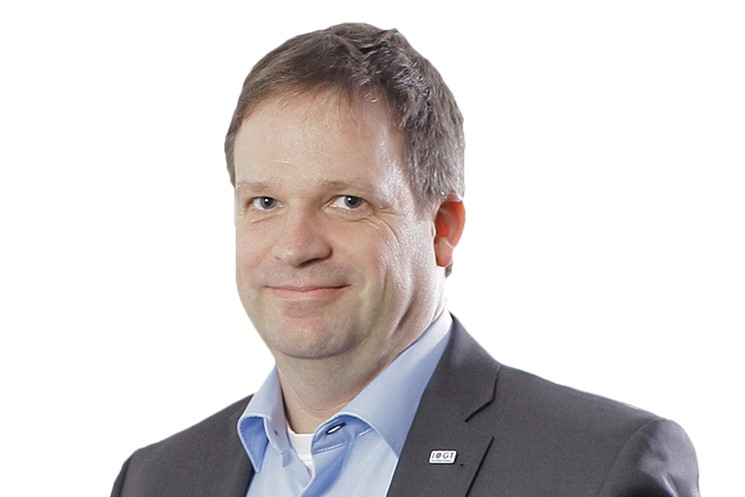Carisoprodol Rehab Center Near Me Gladstone ND
Home
Best Carisoprodol Rehab Center Near Me Gladstone ND Information
Carisoprodol Rehab Center Near Me Gladstone ND
They opt for taking or trying drugs, so that they can fitin with the crowd. They also have a separate line for people with hearing impediments: 1-800-487-4889 (TDD) 1-800-273-TALK (8255) – National Suicide Prevention Line Unlike the name implies, this hotline is more than just a suicide prevention helpline. The challenge for parents is to distinguish between the normal, often volatile, ups and downs of the teen years and the red flags of substance abuse. You may read more here (), and if you have any questions regarding this subject you may consult a doctor (e.g.See more synonyms on Thesaurus.com 1. a person who is addicted to a narcotic. While experimenting with any kind of drug doesn’t automatically lead to drug abuse, early use is a risk factor for developing more serious drug abuse and addiction down the road.
They have trained and professional counselors available on the phone to assist one with the wide variety of issues. Not everyone wants to admit they have developed a brain disorder. 12042 Blanco Rd Ste 101, San Antonio, TX 78216 (210) 541-8400 Be the first to review! Intensive outpatient programs are also available. Undo Undo DRUG ADDICTION HELPâ€Â @help_addiction Apr 10 More Do you remember when you joined Twitter?
Extra Resources For Demerol Addiction Facilities

Here are Some More Details on Meperidine Detox Programs Gladstone ND
I work in a group of company … Seeking a meeting for support? I am seeking a Al-Anon meeting to attend to support a person whose husband is abusing prescription drugs. In that case, you might only have one place in town that provides groups for outpatient programs for addicts. Such approaches are the quintessential features of Twelve-step programs, originally published in the book Alcoholics Anonymous in 1939.[26] These approaches have met considerable amounts of criticism, coming from opponents who disapprove of the spiritual-religious orientation on both psychological[27] and legal[28] grounds. Beyond that, there are many different types of traditional and nontraditional therapies.
Below are Some Even more Resources on Chlordiazepoxide Abuse Facilities
Twelve-step programs[edit] The disease model of addiction has long contended the maladaptive patterns of alcohol and substance use displayed by addicted individuals are the result of a lifelong disease that is biological in origin and exacerbated by environmental contingencies. The great thing about it is that it can be adapted to any religion or denomination, giving just about anybody the ability to use it successfully. Every time she goes away, I have a routine: I go through her room and search for drugs she may have left behind. Forgiveness and understanding and love are necessary.
Even more Info Around Meperidine Detox Programs Gladstone ND
If you’re worried that a friend or loved one might be abusing drugs, look for the following warning signs: Physical warning signs of drug abuse or addiction Bloodshot eyes, pupils larger or smaller than usual Changes in appetite or sleep patterns Sudden weight loss or weight gain Deterioration of physical appearance, personal grooming habits Unusual smells on breath, body, or clothing Tremors, slurred speech, or impaired coordination Behavioral warning signs of drug abuse or addiction Drop in attendance and performance at work or school Unexplained financial problems; borrowing or stealing Engaging in secretive or suspicious behaviors Sudden change in friends, favorite hangouts, and hobbies Frequently getting into trouble (fights, accidents, illegal activities) Psychological warning signs of drug abuse or addiction Unexplained change in personality or attitude Sudden mood swings, irritability, or angry outbursts Periods of unusual hyperactivity, agitation, or giddiness Lack of motivation; appears lethargic or "spaced out" Appears fearful, anxious, or paranoid Warning signs of commonly abused drugs Marijuana: Glassy, red eyes; loud talking, inappropriate laughter followed by sleepiness; loss of interest, motivation; weight gain or loss. Nearly 20 percent of United States residents, spanning between the ages of 16 and 59, have experimented illegally with drugs at least once in their lifetimes. Other Rehabilitation Resources Because we focus primarily on outpatient and intensive outpatient drug and alcohol rehab programs we are not able to fully cover a number of types of other treatment types. Many organizations employ use of bunk beds and shared rooms, but programs also exist where each attendee is given his or her own room. You will also see a decline in family and church activities. Patients can also benefit from education on building their attitude, communication and family relationships.
Click Here for More Information
Previous Next
You may also like:
Metadate Rehab Treatment Center Jeff KY
Metadate Rehab Treatment Program Winslow NE
Oxycontin Addiction Treatment Program La Salle IL
90 Day Treatment Programs Smithwick SD
Crystal Meth Abuse Treatment Moriah NY
Speed Abuse Programs Smyrna MI
Alcohol Rehab Facilities Kenduskeag ME
Crystal Meth Abuse Facility Greenland MI
Triazolam Detox Treatment Clinic Mid Island NY
Alprazolam Addiction Treatment Clinic Gilmer WV
Subutex Addiction Rehab Clinic Birmingham AL
Lorazepam Rehab Program Beloit KS
Phenobarbital Rehab Centers Johnsonburg NJ
Metadate Rehab Center Near Me Eagle Rock VA
Msir Rehab Programs Benson IL
Secobarbital Abuse Treatment Ree Heights SD
Lunesta Addiction Treatment Clinics Idaville IN
Abuse Center Merkel TX
Depade Abuse Center East Rochester OH
Phenobarbitol Addiction Treatment Facility Monterey LA